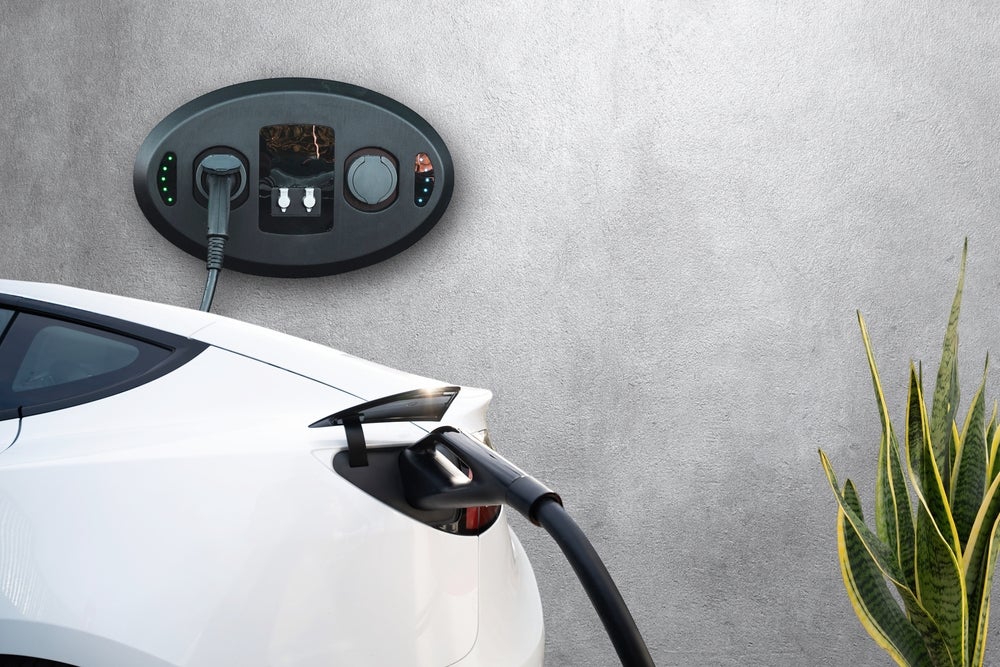
Tyre management looks set to become the focal point of service, maintenance and repair (SMR) for fleets as they adopt electric vehicles (EV) over the next few years, FleetCheck is predicting.
The fleet software provider says that it is becoming clear from real-world EV cost profiles seen so far that while general maintenance costs for electric cars are lower than comparable petrol and diesel models, tyre costs are higher.
Peter Golding, managing director at FleetCheck, said: “Tyres have gradually become an ever more significant element of the SMR bill over the last decade or longer as standard fitments have become larger and lower profile.
“However, the arrival of EVs on fleets is going to bring about a step-change that will make the situation even more acute. Looking at our user base, we are starting to see that while standard workshop servicing and maintenance costs for EVs are lower than for petrol and diesel vehicles thanks to the elimination of a variety of wear parts, tyre costs are increasing.
“There are a number of reasons for this. Probably the most significant are weight and torque. EVs are much heavier than ICE (internal combustion engine) vehicles and this causes increased wear, especially when it comes to models with two-wheel drive rather than four, and the high level of torque that some offer electric cars is also having a definite effect.
“While it is still early days in terms of building up a picture of the overall impact, it seems likely that the tyre element will move from being just over a third of the total cost over a fleet lifetime to nearer a half. It’s going to become the focal point of SMR management.”
How well do you really know your competitors?
Access the most comprehensive Company Profiles on the market, powered by GlobalData. Save hours of research. Gain competitive edge.

Thank you!
Your download email will arrive shortly
Not ready to buy yet? Download a free sample
We are confident about the unique quality of our Company Profiles. However, we want you to make the most beneficial decision for your business, so we offer a free sample that you can download by submitting the below form
By GlobalDataPeter said that this shift would undoubtedly place a greater emphasis on fleet approaches to the management of tyre costs over time.
“Tyre costs can, like every other element of the SMR bill, be successfully managed. Certainly, we expect greater emphasis to be placed on identifying the best suppliers who can offer tyres at the lowest prices, although most replacements will almost certainly be like-for-like in terms of manufacturer fitment, so the potential for savings here may be limited.
“However, there is also likely to be increased interest in tyre maintenance, so we expect that there will be a more emphasis on ensuring tyre pressures are regularly checked and that other factors influencing wear such as wheel alignment are considered.
“Also, it has long been recognised that a more measured approach to cornering and braking can contribute to increased tyre life, which again takes us back to the subject of torque. We expect fleet managers to take a greater interest in how employees are using their EVs on the road as a result, with measures introduced that are designed to ensure that drivers are mindful of their tyre use – something that can be tracked using our software.”







